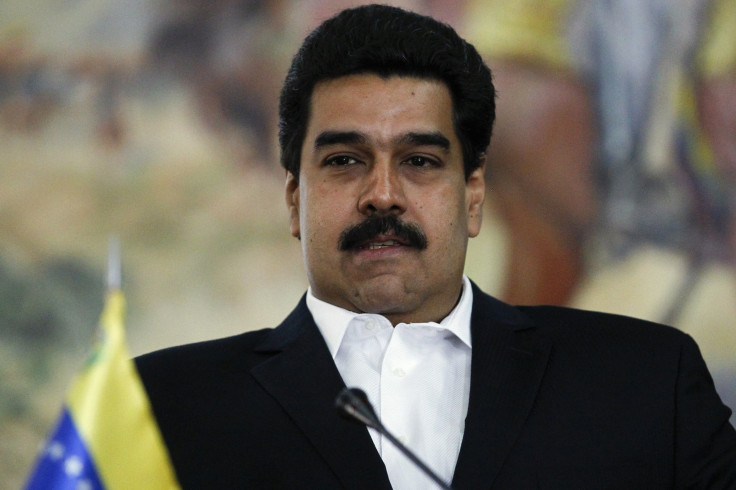Nicolas Maduro: From Bus Driver To Venezuela's New Vice President

Venezuela’s Foreign Minister Nicolas Maduro, a man widely viewed as a possible successor to President Hugo Chavez, has been appointed as vice president by the newly re-elected socialist leader.
There has been much speculation about whether Chavez, who has been battling an unspecified form of cancer and whose current health status remains a closely guarded secret by the Venezuelan government, will be able to serve out another six-year term.
Chavez, 58, claims his cancer is in remission after receiving a year of treatment and appeared vigorous in the campaign before the election last Sunday.
After being in power for nearly 14 years, Chavez has been keen to prevent the rise of any potential challengers within in his own party, consolidating more power into his own office.
Maduro, 49, a former bus driver and labor union leader who has been foreign minister since 2006, may be getting groomed to become Chavez’s successor with the vice presidency appointment, though he enjoys nothing like Chavez’s imposing and charismatic personality.
Maduro first came to prominence as a labor activist and petitioned for Chavez’s release from prison, following his failed 1992 coup. In 1998, he campaigned to get Chavez put on the presidential ballot and ran for a seat in the legislature. Both men were elected to their respective offices that year.
Maduro’s humble beginnings have made him a popular figure among the poor and working class, who still overwhelmingly support Chavez. While he shares Chavez’s ideology, he lacks the revolutionary background and penchant for long-winded theatrical orations that define the president’s commanding presence.
The designation of a successor is particularly timely given the uncertainty surrounding Chavez’s health, but also because, under the Venezuelan constitution, new elections will be held if Chavez dies or is incapacitated within the first four years of his term, the BBC reported. If Chavez were to leave office for any reason in the last two years, Maduro would serve out the remainder of the term.
Without a clear and well-prepared successor, the Socialists might face defeat from the political opposition, which had a strong showing in last week’s election. Challenger Henrique Capriles received 45 percent of the vote while Chavez received 55 percent, the closest run anyone has given the president.
It may become clearer whether Maduro is expected to succeed Chavez if he begins to take on more responsibility and gains a wider profile as a leader in his own right, but he’ll need a boost from Chavez first.
“Look where he is going, Nicolas the bus driver,” Chavez said upon appointing Maduro.
© Copyright IBTimes 2024. All rights reserved.




















